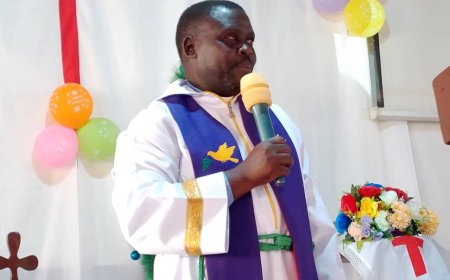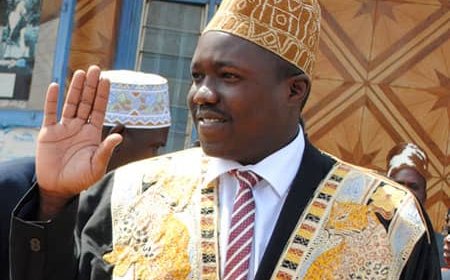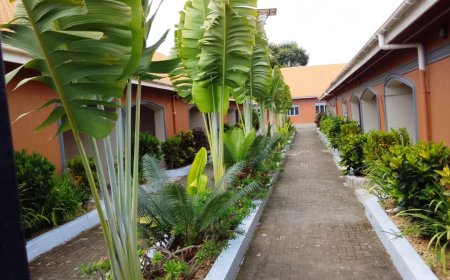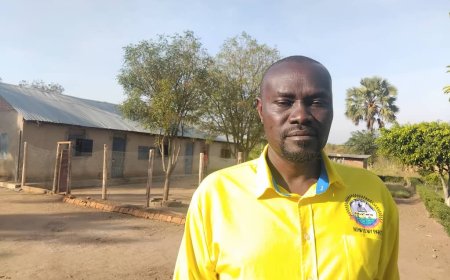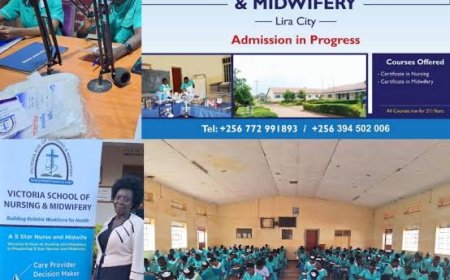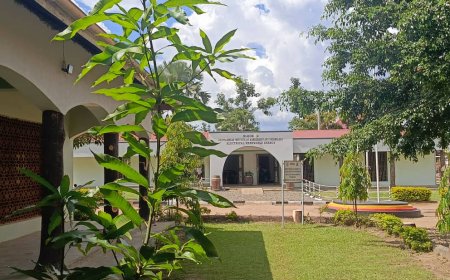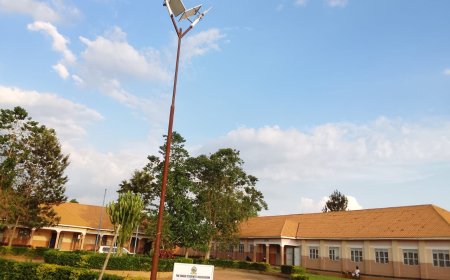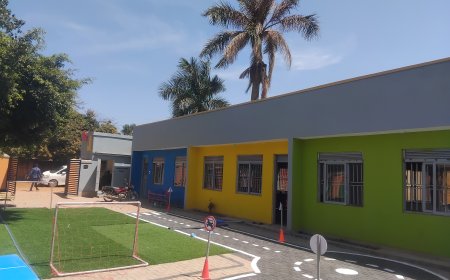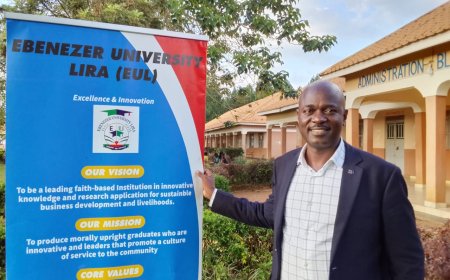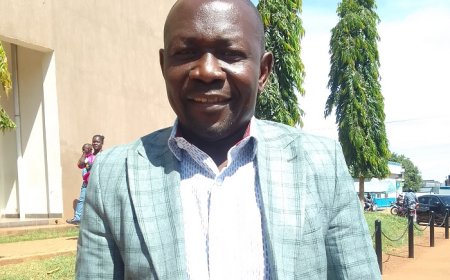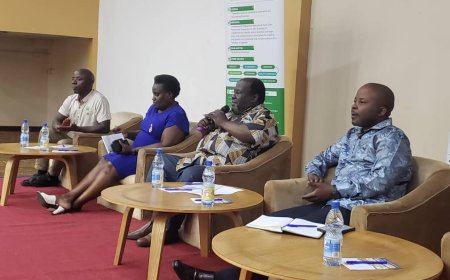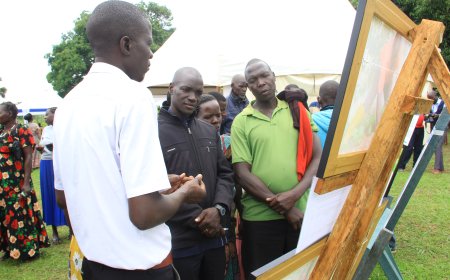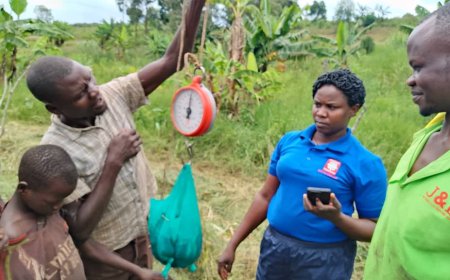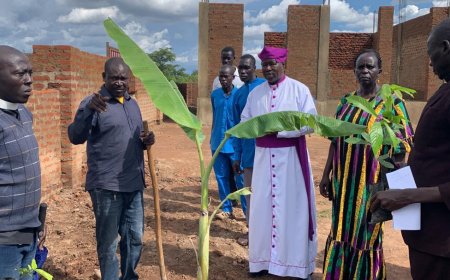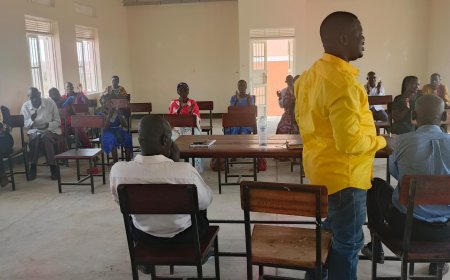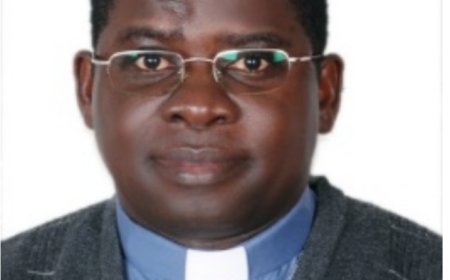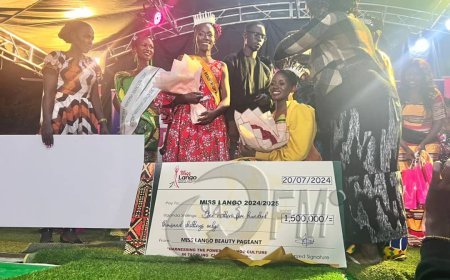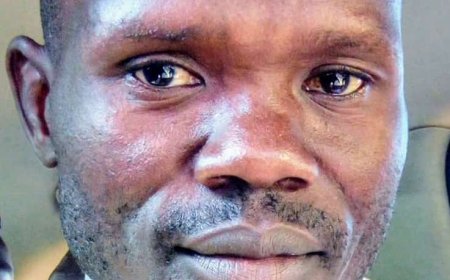Nebbi Elders Back Gov't Proposal to Upgrade Nebbi-Goli Road
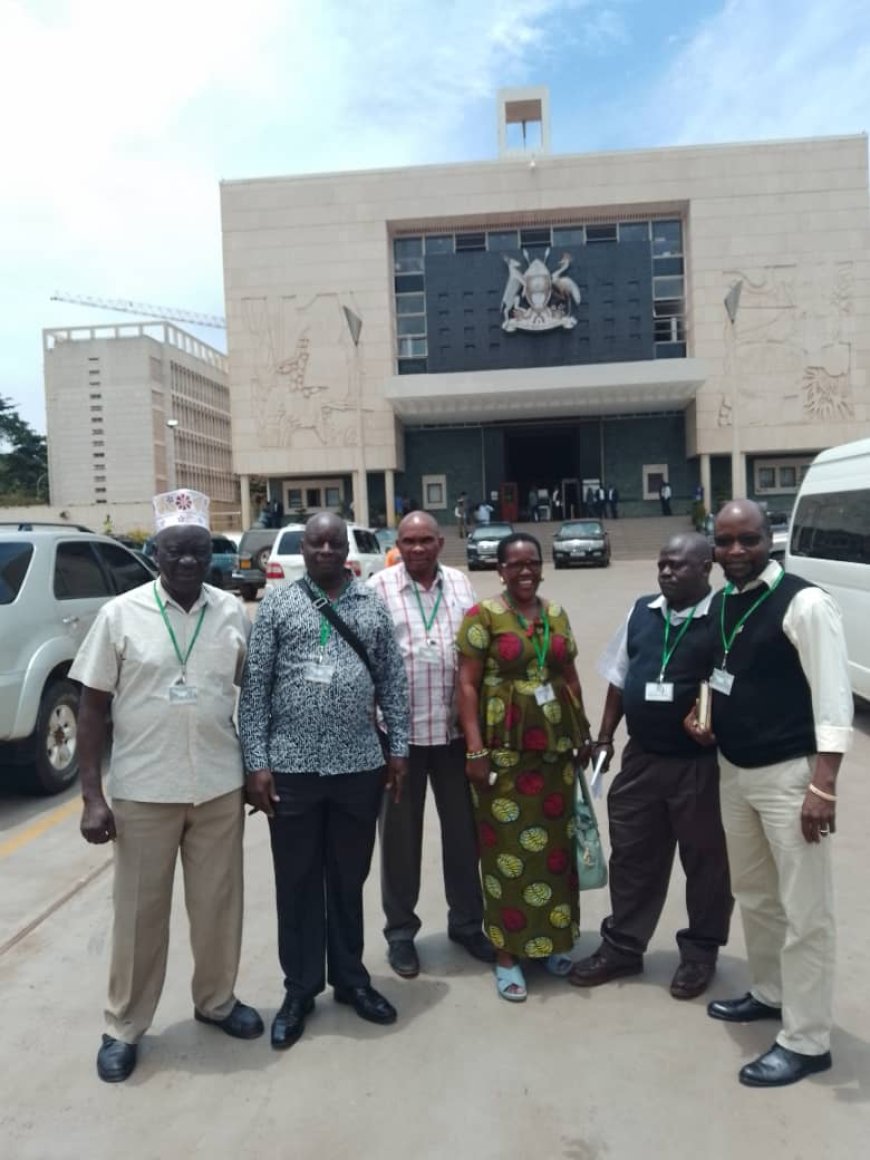
Nebbi Elders Back Government Proposal to Upgrade Nebbi-Goli Road
By Mike Rwothomio
Kampala, Uganda: Section of Greater Nebbi elders gathered at a parliamentary meeting on September 16, 2025, to witness a government plan to secure a $20 million loan for paving the 16 km Nebbi-Goli road in West Nile.
The elders urged local leaders to rally behind this key transport project, which promises to boost trade and travel, and called for funds to extend the paving to the full 119 km Nebbi-Goli-Paidha-Warr-Vurra route.
Emilio Odongo, head of the Greater Nebbi Development Association, emphasized the need for teamwork among MPs to support the project.
“Our MPs must work together to push this vital road upgrade for the good of our region,” he said in a statement.
The $20 million loan, presented by Finance State Minister Henry Musasizi, will fund paving the Nebbi-Goli road, a major trade link to the Democratic Republic of Congo (DRC).
Backed by the BADEA , work is set to start in 2026 and finish by 2031.
The proposal presented in Parliament faced significant scrutiny and criticism from MPs, particularly those from the greater region. Some MPs are advocating for the tarmacking of the entire 119-kilometer Nebbi-Paidha-Vurra road, rather than just the 16-kilometer Nebbi-Goli section. The proposal must still undergo several processes, including review by the budget committee, before it can be passed and adopted as a working document.
Paving the 16 km Nebbi-Goli road will bring major transport improvements, improving connection with the DRC, a key market for Uganda’s farm goods like maize, beans, and coffee, faster and more reliable. It will handle all-weather travel, cutting delays for trucks carrying goods.
According to the government, Fixing rough gravel, steep slopes like Jukia Hill, and muddy sections will reduce crashes and vehicle damage, making travel safer for drivers and pedestrians.
The Nebbi-Goli- Paidha- Vuura road is a lifeline for trade with the DRC, but its gravel surface causes problems. Rainy seasons often make it impassable, stranding trucks and raising transport costs.
The partly paving plan fulfills part of a 2010 promise by President Yoweri Museveni, repeated in recent campaigns.
However, some leaders, like Zombo’s opposition candidate Francis Bolingo, say paving just 16 km is not enough. They want the full 119 km Nebbi-Goli-Paidha-Vurra route paved to benefit the whole region.
Locals share mixed feelings, frustrated by past unkept promises.
Early this year, Padyere MP Isaka Otimgiw led a peaceful march to show the road’s poor state, though it was stopped.
Ora County MP Songa Biyika Lawrence supports paving the full route, saying it could reduce poverty by improving trade.
Former Energy Minister Eng Simon D'Ujanga noted that funds for the 119 km project were diverted three times, causing delays.
Stakeholders view the paving of the 119-kilometer Nebbi-Goli road as a significant step toward enhancing West Nile’s transport network, boosting trade, travel, and local economies. However, they emphasize that fully tarmacking the road will require substantial investment to unlock the region’s full potential
What's Your Reaction?








